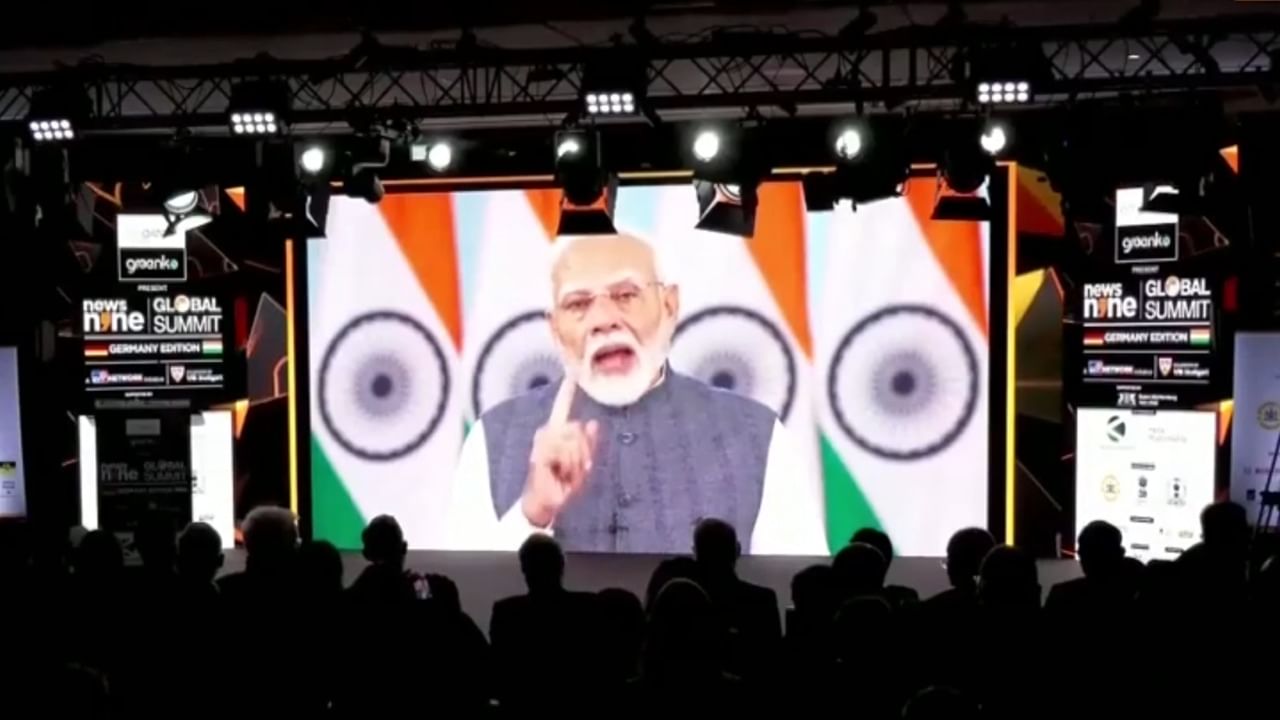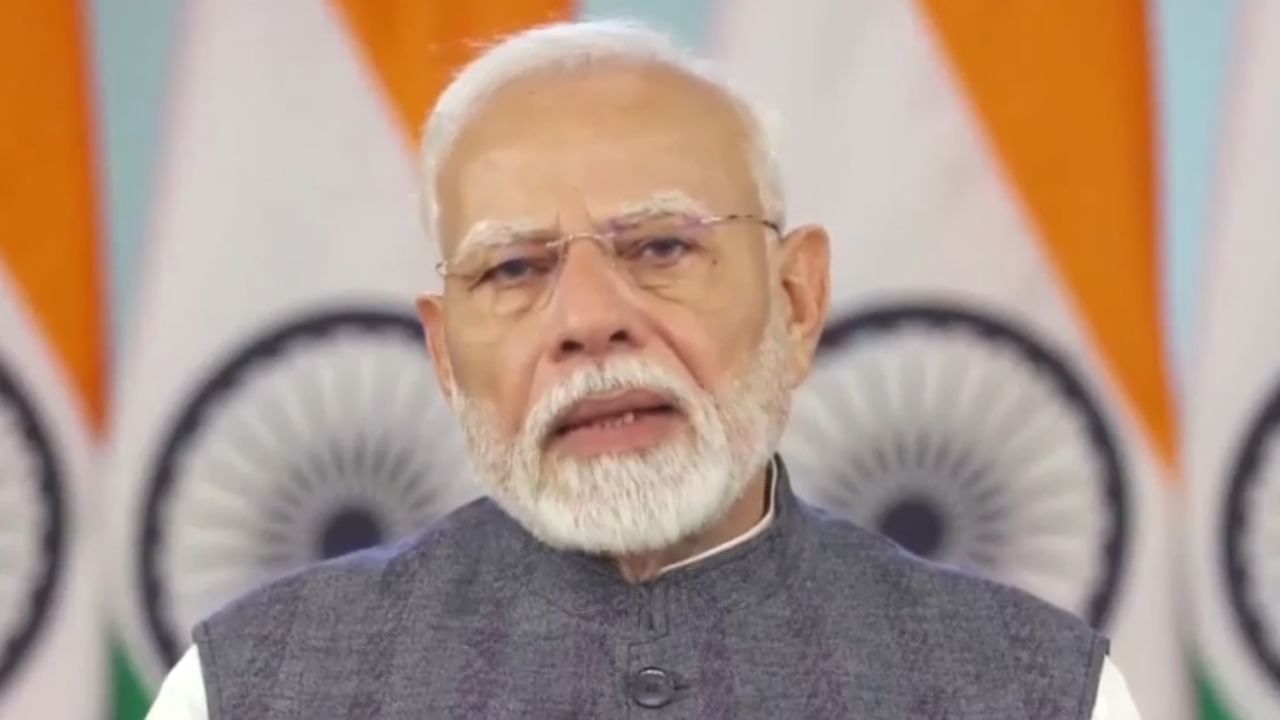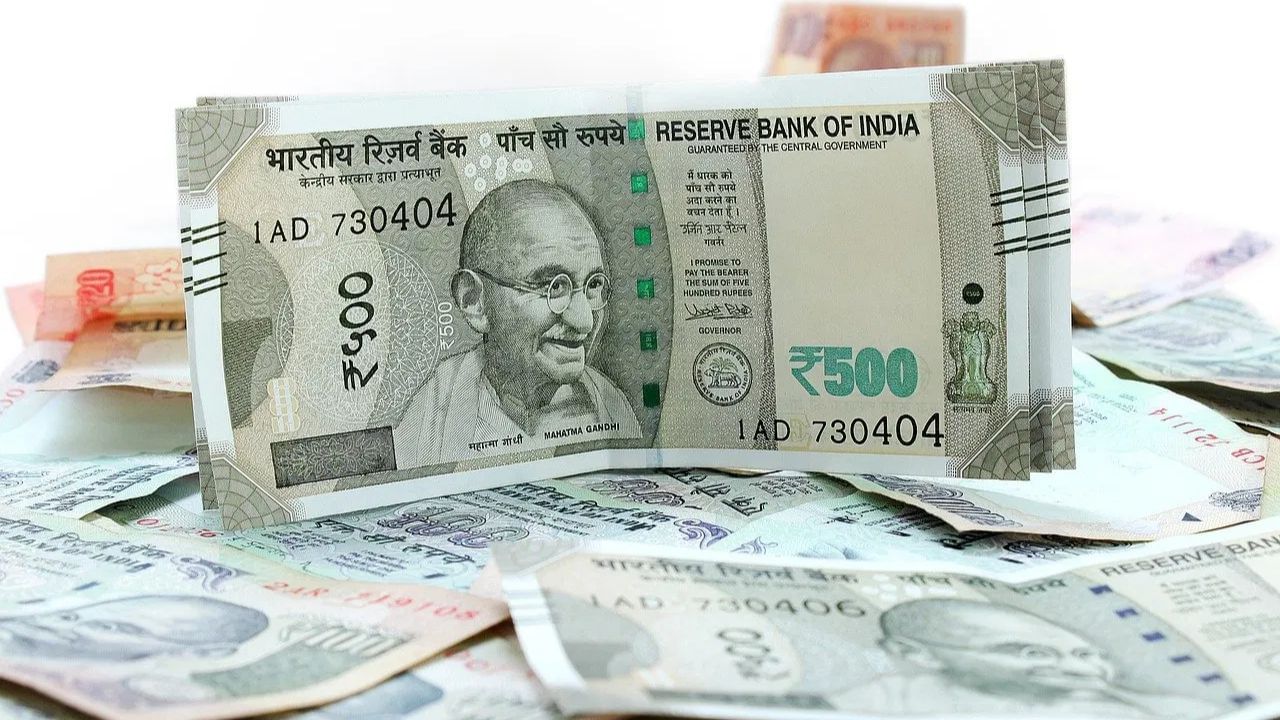For some time now, the inclination of foreign investors from the Indian market has increased towards China, the effect of which has been seen on the stock market. During this period, FIIs have withdrawn Rs 1 lakh crore from the market. On September 27, when the market made a new high. Since then it has fallen by about 10 percent, in which investors have lost Rs 48 lakh crore. Now global brokerage company CLSA has published a new report, in which it has been said that now in the new term of Trump, we may see a trade war between America and China.
What does the report say?
Global brokerage CLSA has reversed its initial strategic shift from exiting Indian stock markets to investing in China. The brokerage firm has decided to increase investment in India while reducing investment in China. CLSA said in one of its reports that after the victory of Donald Trump in the US elections, there may be challenges for the Chinese markets, due to which it has taken this step. If foreign investment in the Indian market starts increasing due to this report, then it is possible that the market may regain momentum, but how much will it be? It is still difficult to estimate this accurately.
Why did you reverse your decision?
The brokerage said that the trade war may increase in Trump’s second term, whereas at present the share of exports in China’s growth is the highest. In the beginning of October, CLSA had increased its investment in China while reducing its investment in India. The brokerage said that now it is reversing this process, that is, it is going to increase investment in India again.
How will India benefit?
The escalating trade war between America and China is expected to help India increase its exports and attract investment from American companies. Research institute GTRI said in its report that two bills introduced last month in the Senate, the upper house of the US Parliament, could intensify the trade war with China. Their passage could have a major impact on the global economy.
The Neither Permanent nor Normal Trade Relations Act (PNTR) and the Elimination of Non-Market Tariff Evasion Act (ANTE), introduced in the Senate, aim to counter China’s trade practices by raising tariffs and erecting new trade barriers. The Global Trade Research Initiative (GTRI) said the PNTR Act aims to phase out China’s favorable trade status while the ANTE Act ensures tougher action on non-market economies such as China and Russia.





